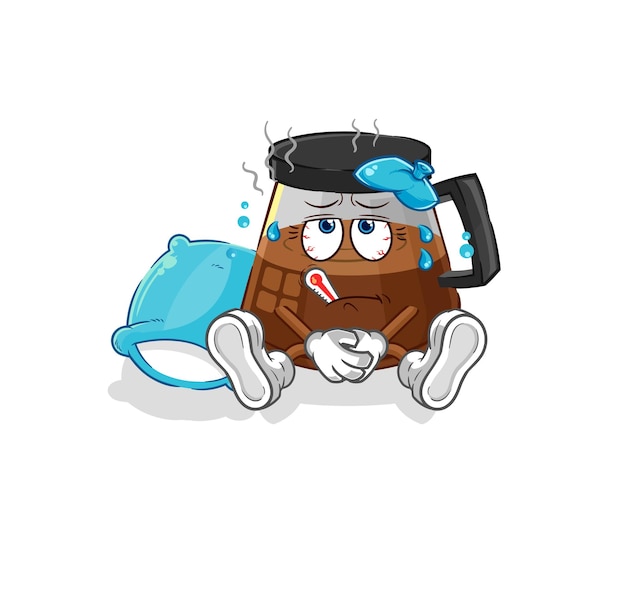If you’re a regular coffee drinker, chances are you’re well aware that your stomach isn’t always on board with the buzzy beverage. In fact, more than 20% are estimated to experience digestive symptoms of some sort, according to a 2003 study published in the journal Digestive Diseases and Sciences.
What you might not know is that gotta-poop-right-now feeling isn’t the only potential GI side effect. Nausea can also be a common complaint, Tracey Brigman, EdD, MS, RD, a clinical associate professor at the University of Georgia, tells SELF. You know—that queasiness that makes you want to projectile-vomit over everything in sight. Not only can that make it tough to eat (and hurt your energy levels as a result), it can also cause anxiety (that oh-my-God-am-I-going-to-hurl-in-front-of-everyone feeling) and “impact your ability to complete any tasks you have at work,” Dr. Brigman says. Given the choice, the diarrhea isn’t looking quite so bad, to be honest.
So what is it about coffee that can make you feel nauseous? Here’s why it happens—and what you can do to prevent it so you can keep sipping.
Why can drinking coffee make you feel nauseous?
To be clear, nausea after coffee is a possibility, not a sure thing: “Everybody’s different,” Dr. Brigman says, so “it’s really dependent upon the individual.” For people who do experience it, however, one cause is typically to blame: Increased digestive activity.
Thanks to caffeine and other ingredients, coffee can boost production of gastric acid, a digestive fluid that helps break down food in the stomach. However, “having more acid production can cause some GI upset,” Dr. Brigman says—including symptoms like nausea.
What’s more, coffee also stimulates gastric motility, or the muscle movements that propel the contents of your GI tract forward. Basically, “it’s causing more frequent contractions,” Dr. Brigman says. These, in turn, can also irritate your digestive system. Boom: more nausea.
That’s the gist, but it’s not the entire story: There are certain factors that can make you more likely to feel queasy after coffee—some which you can change, others, well, not so much.
1. You’re more sensitive to caffeine.
Some people are innately more vulnerable to the effects of caffeine, according to Dr. Brigman. This can mean they experience the negative effects—including nausea—at lower doses. Your caffeine sensitivity can be determined by a range of factors, including age (older folks tend to be more sensitive) and genetics.
2. You have a lower caffeine tolerance.
Caffeine tolerance is different from caffeine sensitivity—it refers to how often you drink coffee rather than how your body is naturally primed to respond to it. Having a cup (or two) regularly increases your tolerance, so you may feel the effects to a lesser degree. On the flip side, a person who seldom drinks coffee and decides to chug a venti one day could be in for a rough few hours filled with trembling, anxiety, jitteriness, and, yes, nausea. However, you can build up your tolerance by drinking coffee consistently. That way, your system will eventually adjust.
3. You took in a lot of caffeine.
Even if you drink coffee on a daily basis and aren’t particularly sensitive to it, a high enough dose can also have you feeling the more severe side effects. Generally, the FDA recommends that adults limit their caffeine consumption to 400 milligrams a day—around the equivalent of two grande Starbucks cold brews (or eight 12-ounce cans of Diet Coke, or two 20-ounce Red Bull energy drinks). Like we mentioned before, however, “a high enough dose” can vary widely between individuals, so your threshold could be significantly lower or higher

